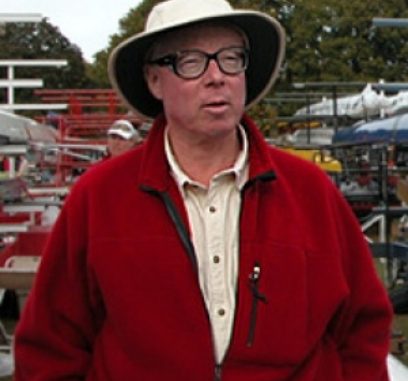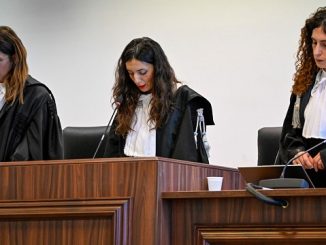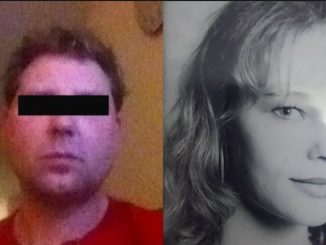
BY AVERY HAINES
A convicted killer in a high-profile murder case wants a new trial on the grounds that the judge robbed him of a fair hearing when he dismissed a disabled juror.
In 2012, renovator Dmitri Kossyrine was found guilty of first-degree murder for engineering the shooting death of multi-millionaire businessman Glen Davis in an underground parking garage in 2007.
His lawyers are now applying to appeal that conviction because the judge excluded a juror based on his physical disability.
Juror number 11, James Rising, a retired biology and evolution professor at University of Toronto was selected by both the crown and defence.
During jury selection the judge repeatedly questioned Rising, who uses a walker and was wearing a body brace, as to whether he was physically capable of sitting through the trial. Rising three times said he did not want to be excused.
The defence lawyer at trial, Lawrence Cohen, described Rising as a “perfect juror,” saying he was “very capable, a professor, he stood up and was adamant that he wanted to serve. I remember the jury panel standing up and clapping for him because he wanted to fulfill his civic duty.”
However, the day after the crown delivered its opening address, the judge made a decision to remove Rising, telling the court: “I find that Mr. Rising has serious problems which impact on his ability to concentrate and understand evidence. These include his broken back, his being in a body brace and his taking medication to control his pain. He is using a walker.”
The defence lawyer at trial, Lawrence Cohen, strenuously objected, telling the judge: “We have a duty to accommodate people with disabilities. It would be inexcusable to get rid of somebody who wants to serve their civic duty.”
In the appeal, which will be heard this spring, Kossyrine’s lawyers will argue that Justice Ewaschuk displayed “an archaic, paternalistic attitude.”
The appellant’s factum claims the “jury was improperly constituted,” that there was “no evidence as to the type of painkillers Mr. Rising had been prescribed,” that the trial judge “made no inquiries of any other juror as to any medication they may have been taking,” and that the judge “failed to explore personal support services that might have been of assistance.”
Defence lawyer Cohen says this appeal isn’t about whether or not the jury got the verdict right: “It’s not about the guilt or innocence. It’s about (whether) the trial was fair in the first place. If it was based on his religion or race, people would be in an uproar. The fact it was a physical disability, people should be just as equally outraged.”
Rising, meanwhile, says he feels guilty that the trial he was booted off of is back in the news, and because of him.
“I do feel guilty, I feel inadequate, like I let the community down,” he said. “I am not ballet dancing, but it’s not the sort of disability that I would think in any way would harm my judgement or bias my judgement.”





Be the first to comment